Analytical skills Normal Worksheets for Ages 6-8
7 filtered results
-
From - To
Boost your child's critical thinking and problem-solving abilities with our comprehensive collection of Analytical Skills Worksheets for Ages 6-8. These expertly designed exercises challenge young minds through engaging puzzles, logic games, and pattern recognition activities. Ideal for fostering analytical thinking, each worksheet offers opportunities for kids to explore concepts and develop skills essential for academic success. Perfect for classroom use or home practice, our worksheets capture attention with colorful graphics and fun scenarios, making learning an enjoyable experience. Enhance your child's cognitive development and prepare them for future learning adventures with our top-quality analytical skills resources.
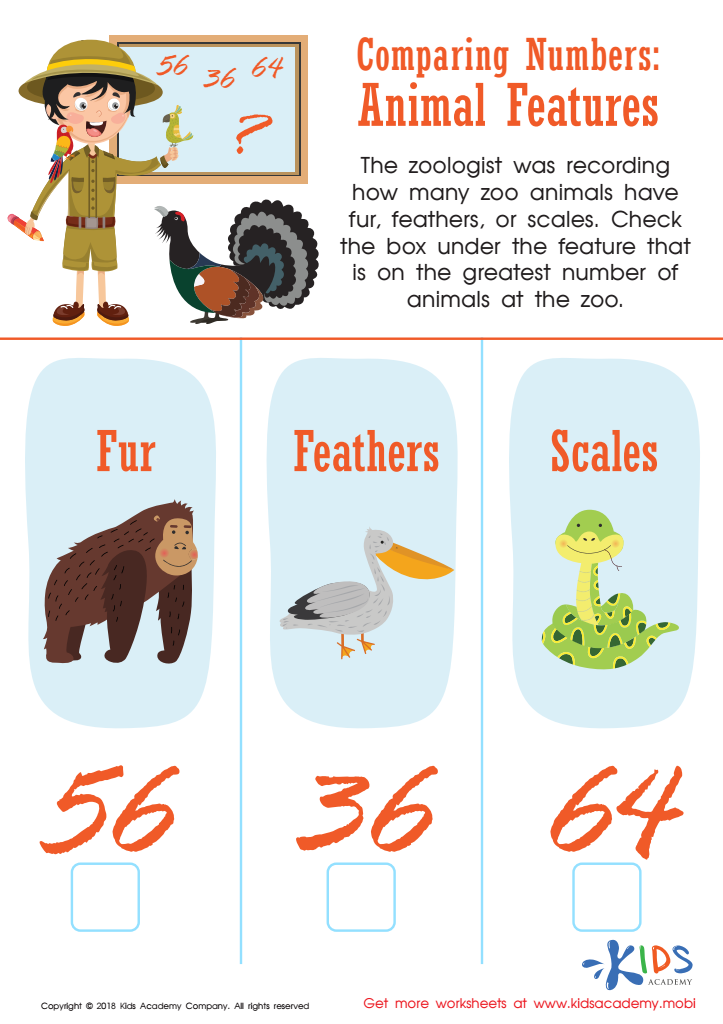

Animal Features Worksheet
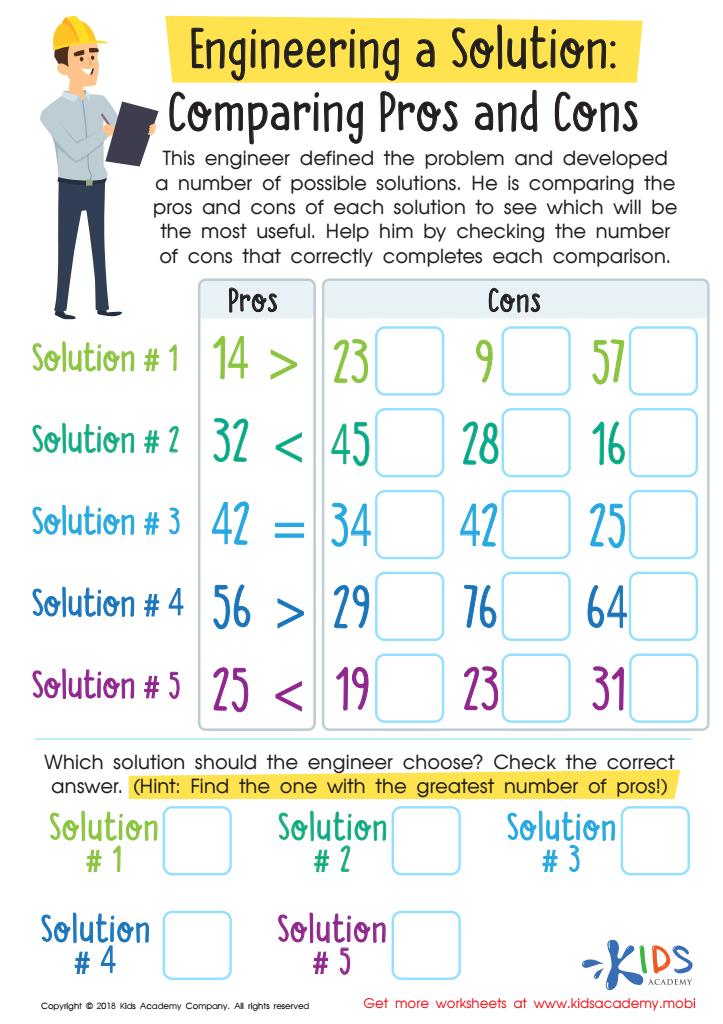

Engineering a Solution: Comparing Pros and Cons Worksheet
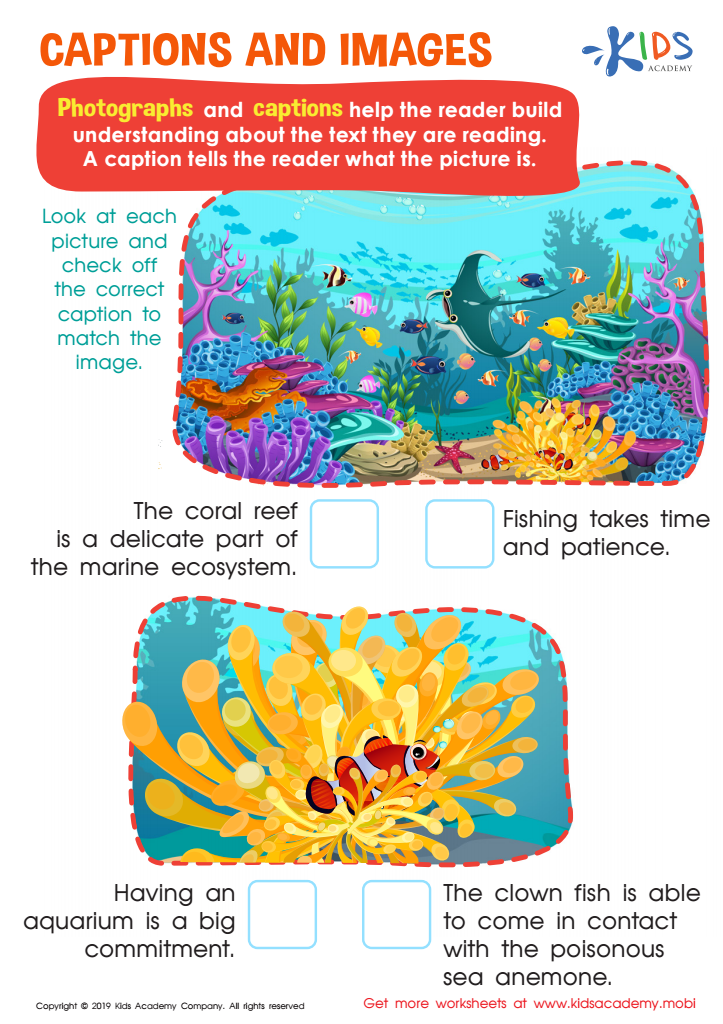

Captions and Images Worksheet
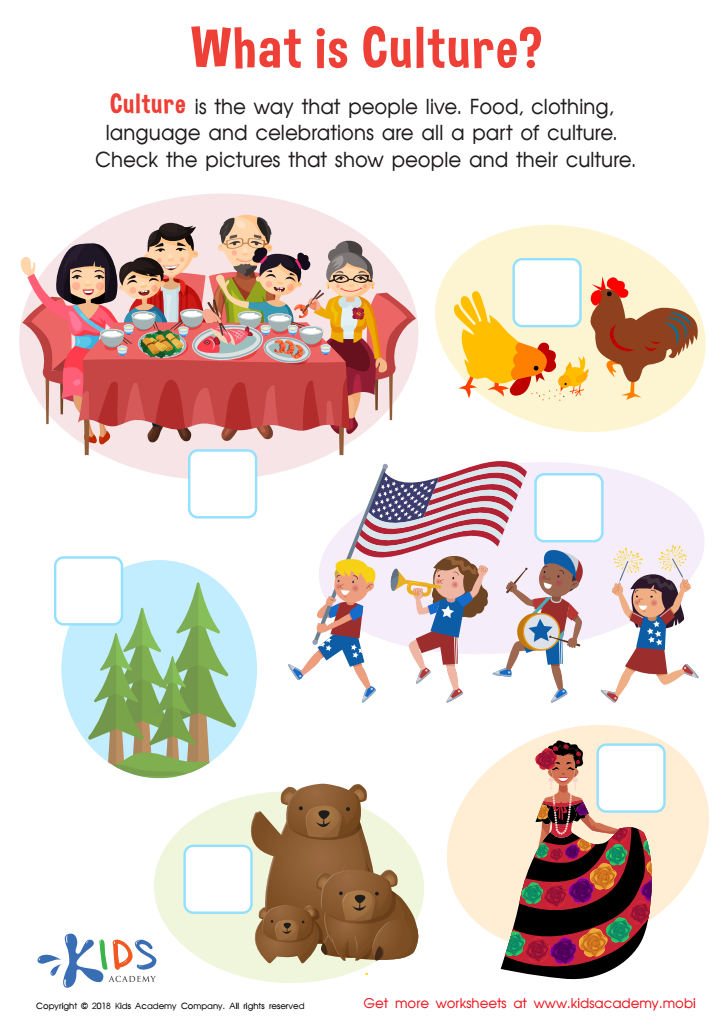

What Is Culture? Worksheet
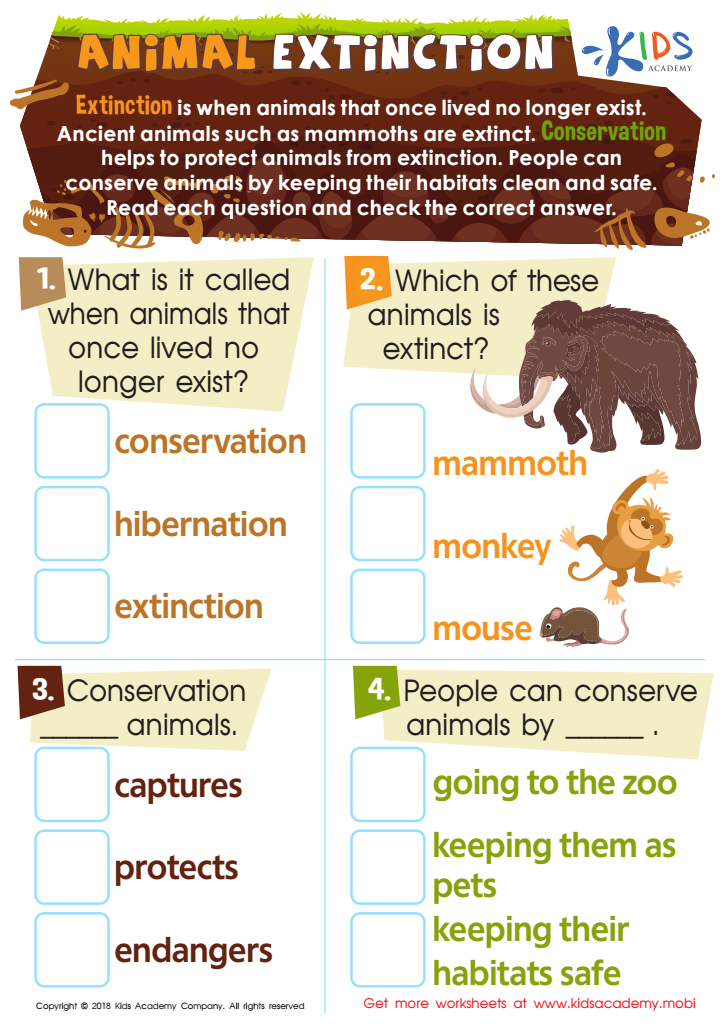

Animal Extinction Worksheet
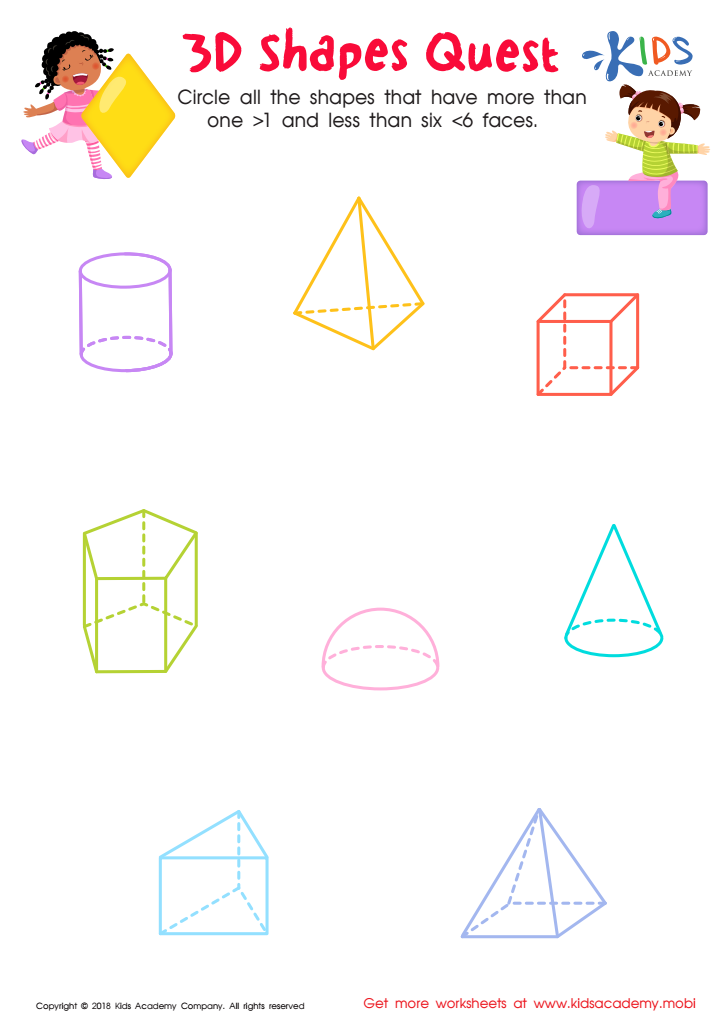

3D Shapes Quest Worksheet
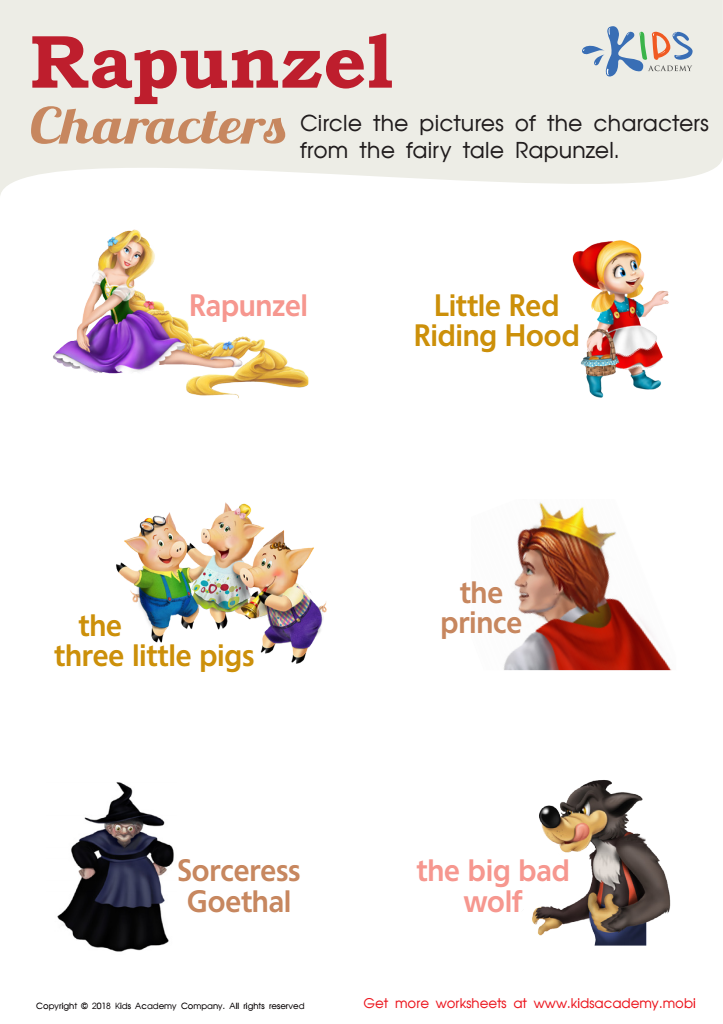

Rapunzel Characters Worksheet
Analytical skills are crucial for children aged 6-8, as they form the foundation for future academic success and problem-solving abilities. At this age, kids are transitioning from concrete to more abstract thinking. Developing analytical skills helps children make sense of the world around them, enabling them to understand patterns, sequences, and relationships. For parents and teachers, fostering these skills is essential because it builds critical thinking abilities early on.
In school, strong analytical skills contribute to learning across all subjects. In math, children solve problems and grasp concepts like addition and subtraction. In reading, they interpret stories, understand character motivations, and predict outcomes. These skills also play a significant role in science, where kids learn to make observations, conduct experiments, and draw conclusions.
Moreover, good analytical skills are linked to better social interactions. Children learn to analyze situations, understand different perspectives, and make thoughtful decisions. This emotional intelligence is vital for building friendships and effective communication.
Parents and teachers should nurture these skills through interactive activities, such as puzzles, games, and open-ended questions, encouraging curiosity and exploration. By prioritizing the development of analytical abilities, adults equip children with tools that serve them throughout their education and beyond, fostering resilient, intelligent, and independent thinkers.
 Assign to My Students
Assign to My Students
















